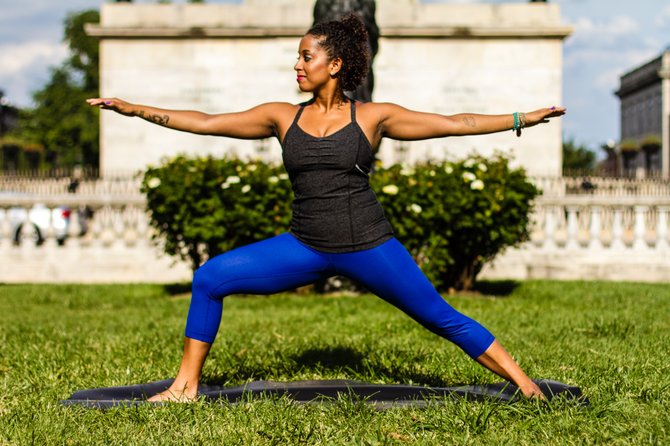When I was in my mid-20s, I wanted to dance on Broadway. I took ballet lessons as a child so, 15 years later, I figured I could skip beginner classes. I signed up for adult intermediate ballet.
After huffing and pushing my way through the first class, I was drenched in sweat and exhausted. I could barely control my quivering thighs to walk downstairs to my car. Things got worse over the next few days; my overworked limbs rebelled at every movement. I couldn't straighten my knees, but I soldiered on. I had what it took to overcome, I reasoned. I would survive.
I didn't. It was too hard and too painful. The path to becoming a dancer has a beginning, and it isn't in an adult intermediate ballet class.
"If wishes were horses, beggars would ride," the old saying goes. Just wanting something won't make it come true, but it sounds good, right? An entire industry has risen around the premise that desire has the power to move the universe to provide money, health and love. You just have to want it enough.
Thinking positive thoughts does have great power. Norman Vincent Peale wrote the seminal book, "The Power of Positive Thinking," back in 1952, and it's been a best seller for 60-plus years. But Peale didn't promise instant results. Instead, he argued that positive thinking could make a "hard, disciplinary way of life" one that offers people "great joy," but only through taking the "proper steps" to reach "self realization and successful achievement."
Every journey has a beginning. Trying to start in the middle—or at the end—is unrealistic and can leave us frustrated and defeated, even with a healthy dose of positive thinking. Still, we want to believe the first of January will change everything. Cravings for unhealthy food will disappear. Aversion to exercise will transform. Peace of mind will happen. Like many of you, I want the "after" body, and I want nirvana. Right now.
Achieving success doesn't require a spiritual way of life, but it helps, and paths are numerous. Buddhism's four noble truths, for example, provide a remedy for suffering. The path is long and hard, but for those who follow it, the eightfold path can bring the "great joy" Peale wrote about.
Tennis great Arthur Ashe said: "Start where you are. Do what you can. Use what you have." His simple advice holds tremendous power.
Start where you are. An honest assessment of where you are in relation to a goal is the first step. If your "exercise" is walking to and from your car at the office, you're not ready for a marathon, but a walk around the block is probably doable. If your idea of a vegetable is mac 'n' cheese, it might take minute to adopt a vegan diet, but you can explore eating more green things. Baby steps are fine. What's important is to start.
Do what you can. It makes no difference that your 50-year-old muscles can't do what they could when you were 26. What's relevant is how much they can do today. If that's a few gentle stretches sitting in a chair, that may be exactly right for you, right now. Decades of loving fried chicken won't suddenly turn into a craving for Brussels sprouts just because you've set a deadline. Eat a little less, move a little more. Don't stop.
Use what you have. Those $200 Adidas won't make you a runner, and Whole Foods' grand opening won't magically improve your diet. Walking takes feet, and McDade's sells vegetables—a garden in your backyard could produce them for even less money. External "stuff" will never transport you to where you want to be.
Finally, be good to yourself. Whatever your goals, they will take work and discipline to achieve, but pushing too hard too fast has a price. Too much pain or sacrifice can lead to quitting and an ever-deepening spiral of self-flagellation and hopelessness. A little pain, physical or mental, isn't necessarily a bad thing, but we do need to understand where to stop before doing damage. Recognizing and even embracing a little soreness or sorrow can remind us that we're doing the work and on the path.


